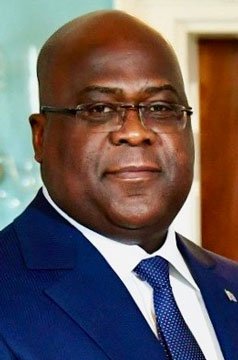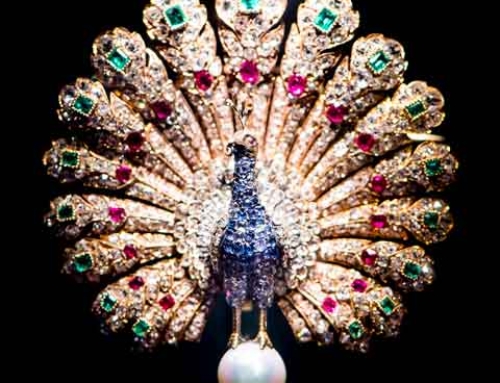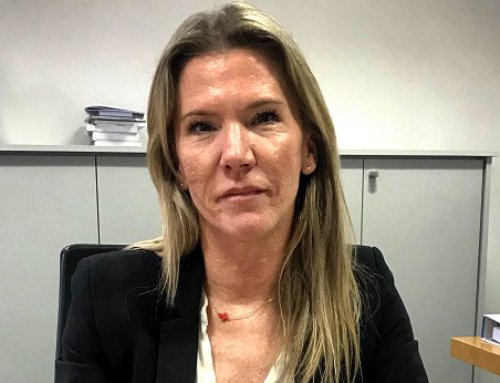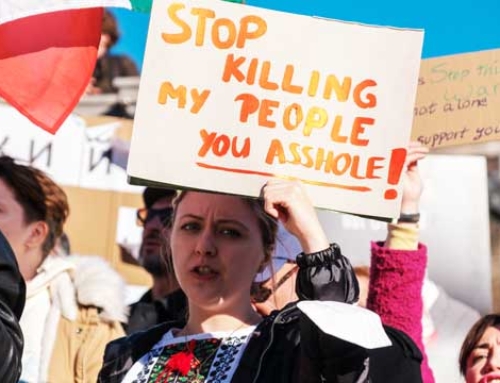Félix Tshisekedi visited Antwerp on Wednesday. The diamond district was the first stop of the Congolese president in the morning, where a cooperation agreement was signed.
The Congolese president Felix Tshisekedi has visited Antwerp. There he visited the diamond district, where the CEO of the Antwerp World Diamond Centre took him behind the scenes of the industry. In order to breathe new life into the cooperation between the two countries in the field of diamonds, the president and the AWDC signed a ‘memorandum of understanding’. The focus is on information exchange and technological innovation. The existing programme, in which Congolese civil servants follow training courses in Antwerp on, among other things, valuations and administrative processes, will be further expanded.
Diamond trade
The Antwerp diamond industry hopes that the new ruler will give an impulse to the diamond trade between Congo and Belgium. In recent years, the diamond trade has come under pressure as a result of political struggles. Under the previous president Joseph Kabila, diplomatic relations between Belgium and Congo had fallen to a low point. “With the new regime, President Tshisekedi wants to focus on more transparency and traceability of minerals, and Antwerp is the ideal partner for this“, says Ari Epstein, CEO of the AWDC umbrella organisation. “Thanks to our competitive market and our transparent business model, we can offer added value for Congo, their diamond sector and the ambition of the new president.”
During the visit, which took place at the request of the Congolese president himself, president Tshisekedi also visited the Diamond Office, the HRD grading laboratory and a tender facility, where diamonds are offered for sale.
About Felix Tshisekedi
Félix Antoine Tshisekedi Tshilombo; born 13 June 1963) is a Congolese politician who has been the President of the Democratic Republic of the Congo since 25 January 2019. He is the leader of the Union for Democracy and Social Progress (UDPS), the oldest and largest party of the Democratic Republic of Congo, succeeding his late father Étienne Tshisekedi in that role, a three-time Prime Minister of Zaire and opposition leader during the reign of Mobutu Sese Seko.
Tshisekedi was the UDPS party’s candidate for president in the December 2018 general election, which he won, despite accusations of irregularities from several election monitoring organisations and other opposition parties. His victory was upheld by the Constitutional Court of the DRC after another opposition politician, Martin Fayulu, challenged the result, but Tshisekedi has been accused of making a deal with his predecessor, Joseph Kabila. The election marked the first peaceful transition of power since the DRC became independent from Belgium in 1960.
Since the parliament and provincial governorships are still controlled by the Common Front for Congo (FCC) coalition, which is aligned with Kabila, Tshisekedi’s ability to govern or even appoint a new Prime Minister has been limited for the first six months of his term. He has named his coalition partner and political heavyweight, Vital Kamerhe, as his Chief of Cabinet, at first having designated him for the role of prime minister but not having the parliamentary support to get him appointed.
In May 2019 he arrived at a deal with the parliament’s Kabila-aligned majority to appoint Sylvestre Ilunga as the new Prime Minister. It was not until July 27, 2019, that negotiations finally ended between Tshisekedi and the parliament, agreeing on the formation of a new cabinet.







